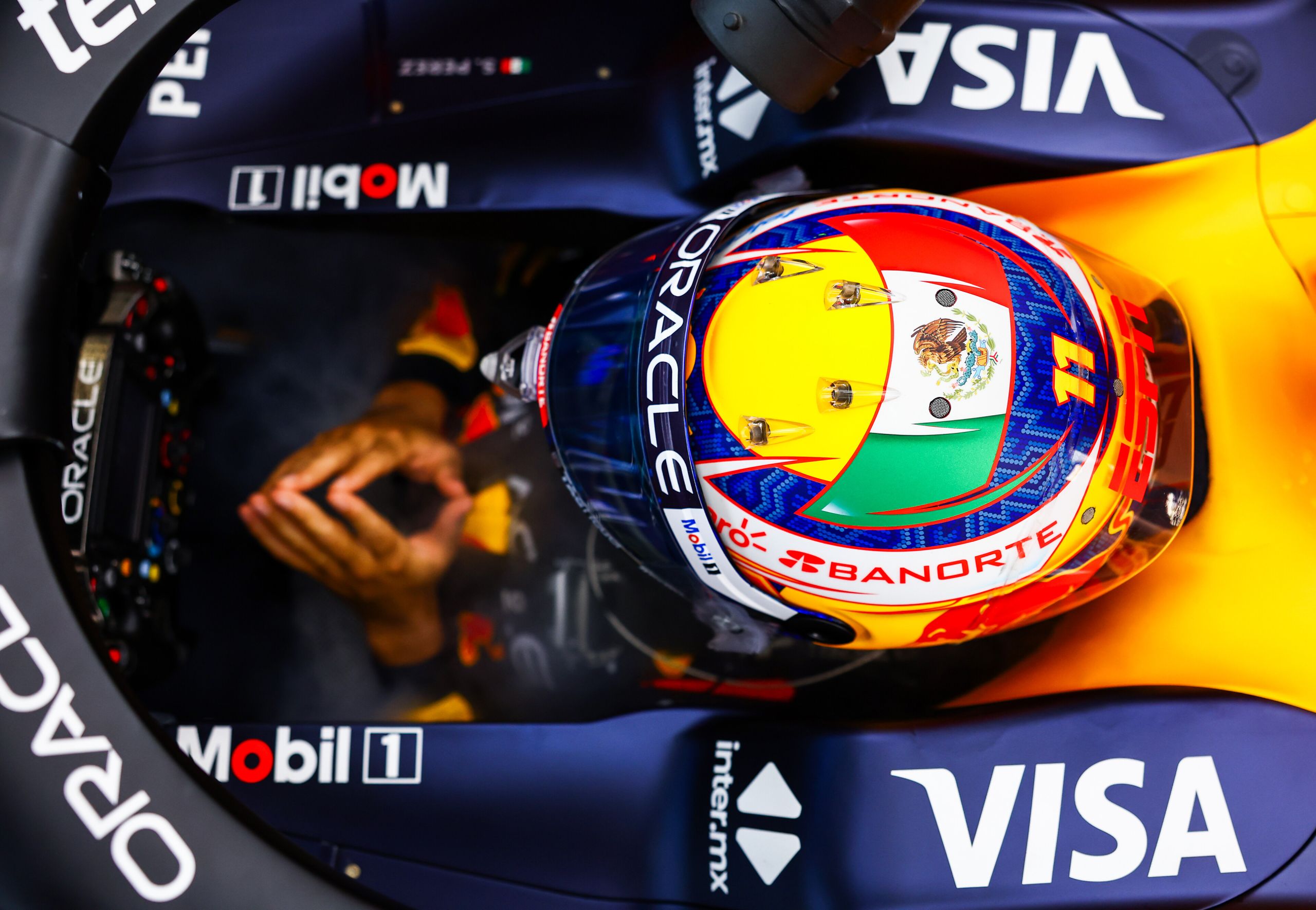Mental Challenges Faced By F1 Drivers And How Student Athletes Can Apply The Lessons To Their Own Sports


Being an F1 driver is one of the most demanding responsibilities. The races require driving fast while making decisions in an instant. Besides, the drivers need to have significant mental endurance. There is a lot of multitasking, and any slight loss of focus can cause a crash or a lost race. In addition to driving, a driver monitors the information relayed and the race strategy. Despite all the challenges, they still successfully complete their races and bring their titles home.
There are many lessons student-athletes can learn from these drivers and use them to excel. It’s like when you pay for essay and use the paper as inspiration to level up your essay writing by learning aspects like word choice and argument articulation.
Let’s check out the lessons student-athletes can learn from the mental challenges that F1 drivers encounter.
Mental Preparation
Before a race starts, F1 drivers undertake mental health preparation to get them ready. The techniques include those that improve focus and ability to make fast decisions. They mentally rehearse the whole race while picturing each turn they will make and potential overtaking opportunities. The mental stimulation allows drivers to anticipate the track’s challenges. They also engage in mindful practice and meditation to help them calm their anxiety. It is common to be anxious before a big race, but if a driver doesn’t overcome the anxiety, they will not be fully focused on the race.
Students can learn a lot from the mental preparation the F1 drivers go through. The first is the importance of being mentally prepared. College sports have increased in popularity over the years, and there are more fans flocking to fields to cheer their favorite athletes. The pressure that comes with extra fans sometimes challenges athletes, and being mentally prepared to face the crowd is pivotal for success. The second is education and mindfulness. They are a good strategy to deal with anxiety and play your game without minding the presence of the fans.
Managing Extreme Levels of Pressure
Throughout the season, the drivers experience pressure as their sponsors and fans have a lot of expectations for the new season. The races are not designed in the same fashion, and each race has different obstacles. A driver must withstand the pressure to keep people happy. They must maintain their focus to avoid being carried away by the spectator’s noise and competition from their opponents.
Student-athletes can learn how to manage high-pressure levels from F1 drivers. Parents and schools always require athletes to perform both on and off the field, and this puts a strain on many students, particularly those who struggle academically. It is why many rely on essay writing service providers to save their grades. Like Formula 1 drivers, students should stay true to their goals and team objectives. It will guide them to have a sense of purpose and dedication, which will help them face pressure from their families, fans, and academic institutions.
Building a Strong Sense of Self
A strong sense of self is the foundation for many F1 drivers. If a driver’s identity is solely reliant on their outcomes, a few negative results can easily cause them to doubt their abilities. A sense of self refers to how one perceives themselves and their abilities. Having a strong sense of self allows Formula 1 drivers to believe that they have what it takes, and this mentality helps them rise up even when they encounter negative results.
Student-athletes need a strong sense of self to be their foundation. They have to acknowledge that they have what it takes, and despite any setbacks, they should rise and conquer all odds that come their way. This sense of self will allow them to view setbacks positively and not give up when they encounter tough competition.
Emotional Regulation
Formula 1 is a sport filled with a lot of emotions. There are moments when a driver will be filled with a lot of excitement, and the next moment, they will experience frustration and disappointment. A driver must be able to manage all the emotions because being overwhelmed by the emotions will affect their decision-making. They have to master how to maintain the highs and the lows.
Student-athletes also experience a range of emotions, especially during hot tournaments. There are times when the scores might be going your way, and you are over the moon, and they take a drastic turn, leaving you frustrated. An athlete needs to try breathing exercises to cool any anxiety. The strategy assists in keeping one’s cool and sticking to their game plan. Failure to manage emotions will result in throwing the game plan out of the window and chasing a lost lead, a tactic that can end in chaos.
Goal Setting and Motivation
To compete among the best, an F1 driver creates goals to have a sense of direction and come up with a strategy to attain their goals. The goals are broken down into desired outcomes in lessons, for example, finishing on the podium or winning the race. Drivers also set personal objectives aimed at improving their competencies. An example of such a goal is improving overtaking skills. Goal setting assists in giving drivers a general sense of motivation. It is a benchmark that they can use to track their progress, and it provides a sense of inspiration from time to time.
Student-athletes should also replicate the goal setting from F1 drivers. Having goals will assist an athlete in understanding what they are working towards. The goals can be individual and team objectives. In the individual goals, an athlete can set timelines for which they want to attain their targets and ensure that they work towards the aims. Having aims serves as a source of motivation to succeed in the sporting career.
Signing Off
Formula 1 is a demanding sport that requires drivers to make decisions first while competing in a high-pressure environment. Drivers face many mental challenges, and student-athletes can learn important lessons from how tF1 drivers overcome these challenges. Some of the lessons include mental preparation, managing pressure, building a strong sense of self, goal setting, and motivation. Learning these important lessons will assist an athlete in taking on the challenges that they face in their pursuit of a successful sporting career.





